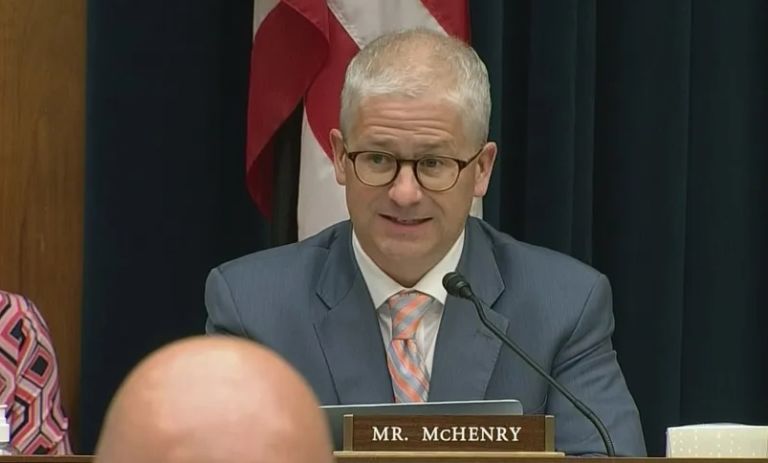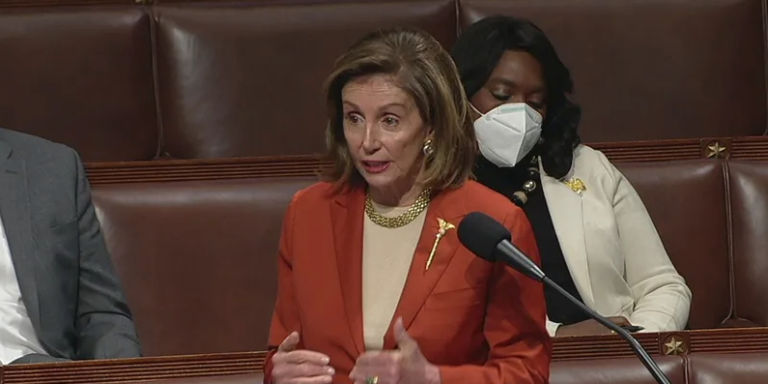Dave Hoppe writes at National Review Online about the latest way in which U.S. Senate Democrats could gut the legislative chamber’s traditional procedural safeguards.
Senate Democrats considering the destruction of another set of Senate rules might want to heed the words of English lawyer and chancellor Sir Thomas More to his son-in-law centuries ago:
“And Richard, once you have cut down all the trees, where will you hide when the devil comes for you?”
Then-Senator Harry Reid started this clearcutting of the rules back in 2013. He used the “nuclear option” to lower the vote threshold for confirmation in order to stack the D.C. Circuit Court of Appeals. Senator Mitch McConnell escalated by using the same standard to confirm Supreme Court nominees.
As Majority Leader Chuck Schumer toys with the idea of blowing up the legislative filibuster as well, he is potentially poised to first unravel another important — if lesser-known — Senate rule in pursuit of an all-encompassing COVID-relief bill under the terms of “budget reconciliation.”
We’re talking about the Byrd Rule (named after the late Senator Robert Byrd), which limits the ability of the majority to stuff extraneous legislative goodies into budget-related proposals and still pass them with a simple-majority vote under that process. Senator Byrd saw the danger of using reconciliation, which limits amendments and debate, to pursue broader, non-budgetary legislation outside regular order. As a defender of the right of all senators to debate and amend legislation, he fastened these restrictions onto the reconciliation process. This is for the greater good: the Byrd Rule protects Social Security from the reconciliation process, for instance, while limiting committees to proposals in their jurisdiction and requiring that the budget relevance of any proposal considered under this process be more than “merely incidental.” What this means is that major legislative policy changes can be made only when all senators have the right to fully debate and amend legislation — and to filibuster.


